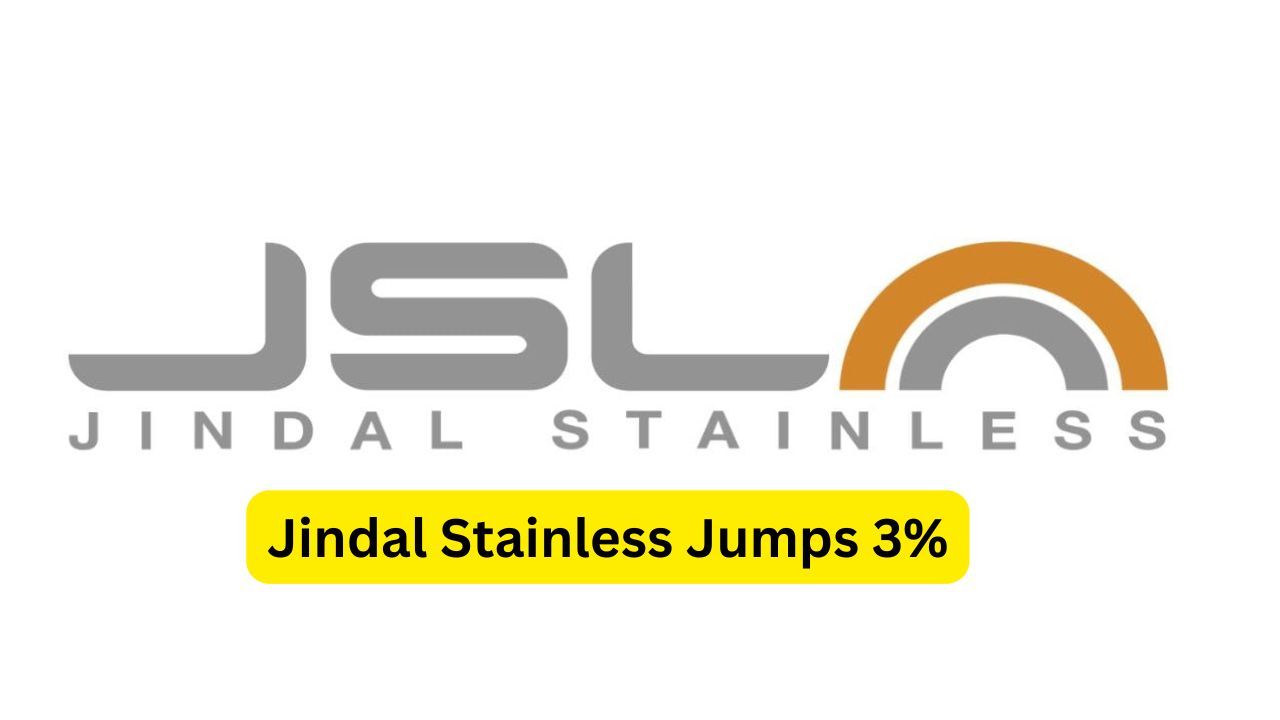One of India’s largest stainless steel makers Jindal Stainless Limited (JSL) had a date with destiny on June 3, 2025, when its stocks showed a growth of more than 3 per cent. This rally came in the wake of the company’s announcement that it had acquired a significant stake in a renewable energy special purpose vehicle (SPV), a substantial step forward in its clean energy transition and sustainability journey.
Key Acquisition Highlights
- Stake Bought: 33.64% equity in Oyster Green Hybrid One Private Limited, an SPV incorporated with Oyster Renewable Energy Private Limited.
- Project size: 282 MW of hybrid renewable energy (composed of solar and wind).
- Annual Output: Approx. 700 m units of clean power to Jindal Stainless plants.
- Investment: ₹79.20 crore in first tranche and total commitment of ₹132 crore.
- Commissioning Schedule: The project is likely to be commissioned by FY26-Q3.
- Strategic Objective: Net-zero carbon emissions by 2050.
Market Reaction: Stock Soars
Shares of Jindal Stainless rose as much as 3.02% intraday to ₹662.5 on the day of the announcement before closing at ₹660, up 2.6%. This was in comparison to the Nifty 50 index which fell 0.31 percent, showcasing that investors are convinced with the company’s sustainably strategy and long term growth prospects.
| Date | Share Price High | % Intraday Gain | Closing Price | Market Cap (₹ Cr) |
|---|---|---|---|---|
| June 3, 2025 | ₹665.50 | 3.02% | ₹660 | 54,389.3 |
Source: Business Standard, ET Infra, Business Pulse Care
On the SPV and Project Details
The SPV, namely Oyster Green Hybrid One Pvt Ltd is a JV between Jindal Stainless & Oyster Renewable Energy. The project will utilize a combination of solar and wind systems to yield 282 MW of capacity. This green power will be served to Jindal Stainless’s manufacturing units & it will reduce the dependence on grid power, carrying the benefit of reduced power costs.
Key Project Features:
- Hybrid: Solar and wind all weather power supply.
- Clean Power: 700 million Its per year, energy and sustainability!
- Cost Effectiveness: Anticipated to bring the power costs down when compared to traditional grid electricity
- Decarbonisation: Key milestone in driving JSL’s net zero target for 2050.
Strategic and ESG Rationale
Jindal Stainless’s renewable energy investment is in line with its overall environmental, social and governance (ESG) goals. The company has also vowed to make its operations powered by clean energy and become carbon neutral by 2050.
“This action is part of our larger plan to strive for renewable energy and net-zero carbon emissions by 2050,” Jindal Stainless said in its statement.
In going for this SPV, JSL is:
- Building a diversified energy mix.
- Shrinking its carbon footprint.
- Strengthening its position as a sustainable industrial champion.
- Setting itself ahead of future industry and regulatory trends toward green manufacturing.
Financial Impact and Investment Structure
Jindal Stainless has planned an investment of ₹132 crore for the project, with ₹79.20 crore invested in the initial tranche. The transaction is being done on an arm’s length basis although Oyster Renewable is a related party being promoted by common set of promoters.imwrite/Reuters
Investment Breakdown:
- First Tranche: ₹79.20 crore.
- Total Commitment: ₹132 crore.
- Objects of the issue The objects of the Issue are to: 1 2 3 4 Set up project development, infrastructure and commissioning by Q3FY26.
Performance and Outlook for the Market
The stock surge of 3% indicates that investors are upbeat on Jindal Stainless’ pro-active action taken for sustainability and cost optimization. The stock has risen for two days and risen 32% from its April lows, yet is down 5.4% year-to-date compared with a 4.5% rise in the Nifty 50.
Recent Financial Performance
- Q4 FY25 : ₹590 crore, up 18% YoY.
- Market Cap: ₹54,389.3 crore.
- Context: Business and the Environment The Move Toward Renewable Energy
Renewables revolution: India from an industrial perspective The Indian industrial sector is undergoing a rapid transformation with the adoption of renewables being strongly driven by regulatory push, cost dynamics, and ESG leads across the world.
Jindal Stainless’s action is part of a wider push in the industry to decarbonize its operations and to gain long-term energy independence.
Advantages of the installation of renewable energy:
- Lower long-term energy costs.
- Limited exposure to grid price fluctuations.
- Compliance to environmental legislations reinforced.
- Enhanced brand value and investor attraction.
Future Prospects and Strategic Implications
With the commissioning of the 282 MW hybrid project by Q3 FY26, Jindal Stainless will:
- Dramatically reduce the cost of its power.
- Reduce the size of their carbon footprint.
- Reinforce its position as a leader in the field of sustainable manufacturing.
- There is value in being able to move the needle on the Company’s share price through successful project execution and operational implementation.
Conclusion
The investment by Jindal Stainless in a renewable energy SPV with a 33.64% stake is significant in the company’s pursuit towards sustainability and energy independence. The upbeat market reaction reflects investors’ support for the company’s future-focused game plan.
As the project approaches commissioning, JSL likely stands to gain a significant amount in operational, financial and ESG terms, which can pave the way for other industrial players in India to move towards cleaner power.
To get the recent updates about Jindal Stainless renewable initiatives and stock status, follow business news channels and subscribe to official company updates.

